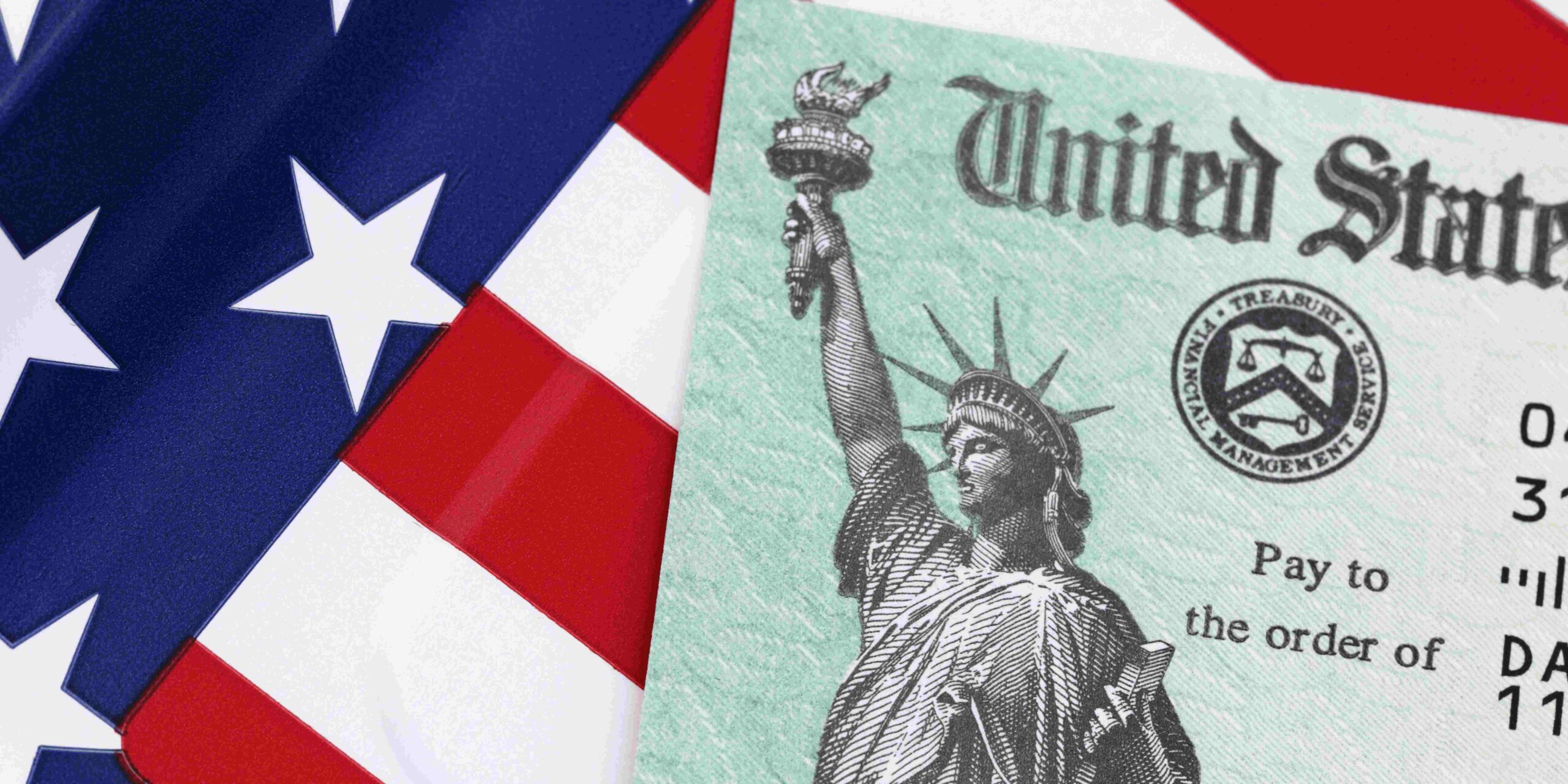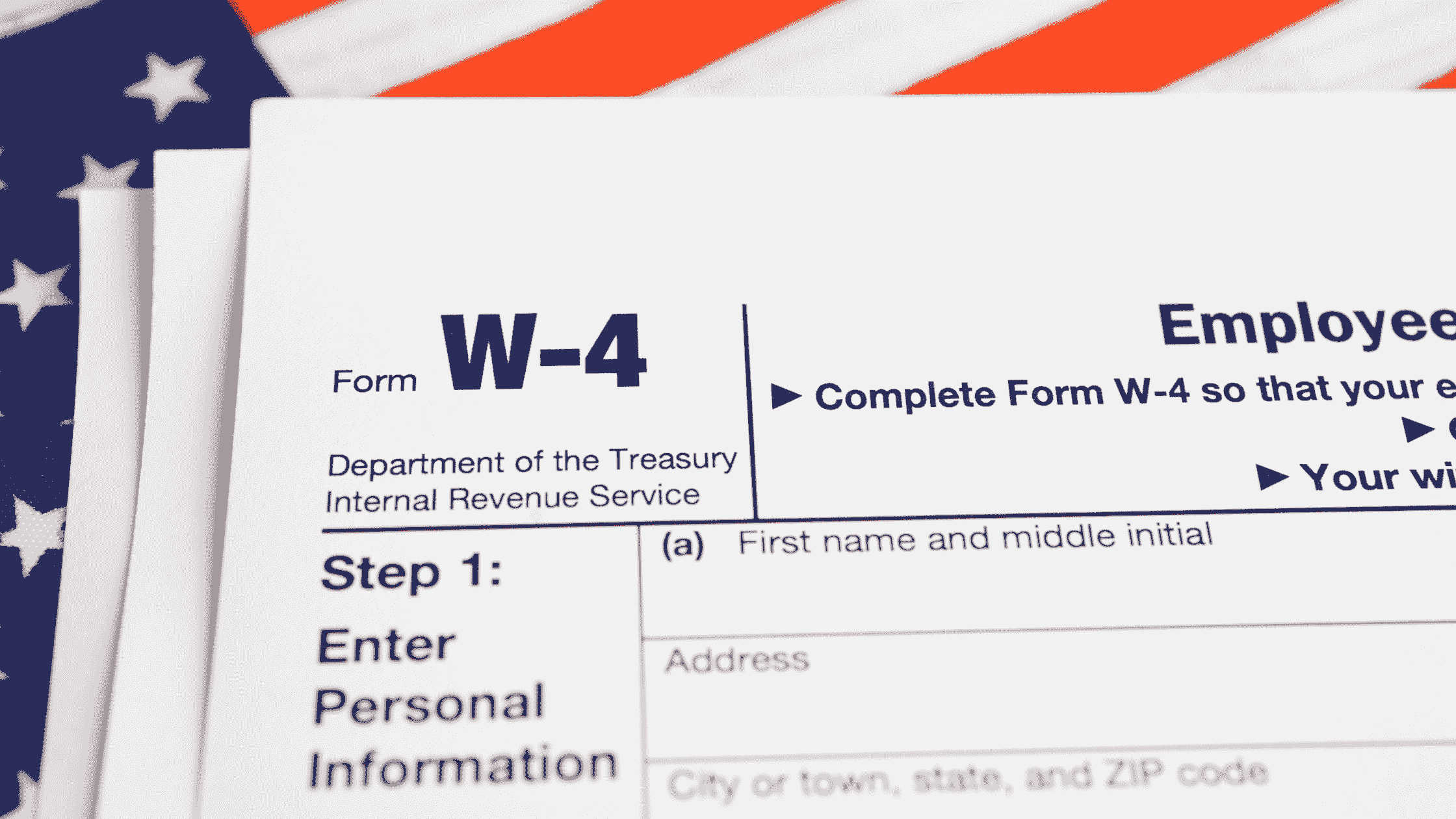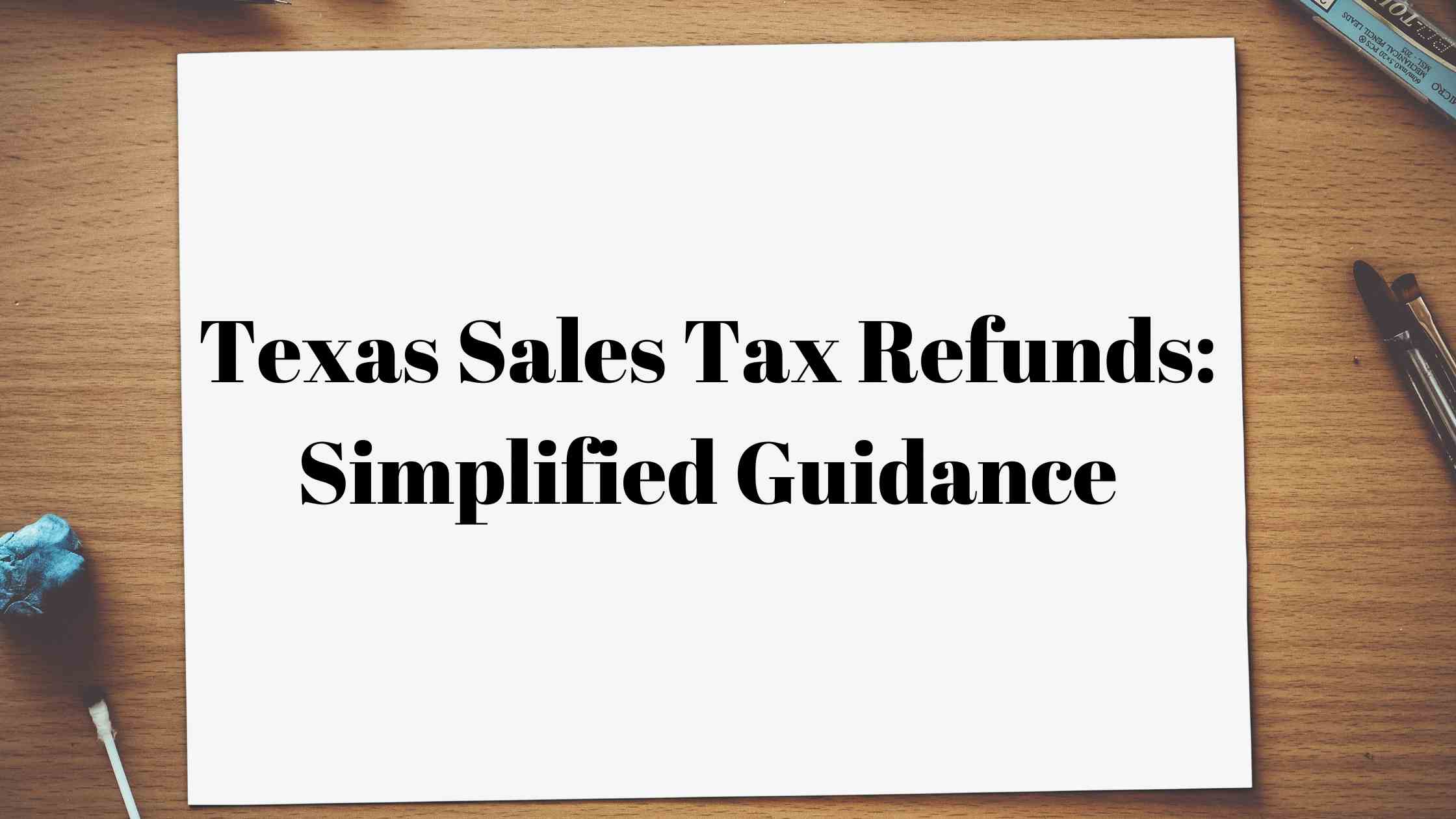Sales tax is one of those financial mysteries that can leave even the savviest individuals and business owners scratching their heads. The rules seem to change depending on where you are, what you’re buying or selling, and even how you’re making the purchase. So, who exactly needs to pay sales tax, and when does it apply? If you’ve ever wondered about these things, take comfort in the fact that you’re not the sole thinker.”
Generally, sales tax is a consumption tax imposed by state and local governments in the United States on the sale of goods and some services. The specifics of who needs to pay and under what circumstances can be complex and depend on various factors.
In this blog post, we’ll unravel the mysteries of sales tax obligations, demystifying the responsibilities of businesses, consumers, and even those in the vast online marketplace. Whether you’re a seasoned entrepreneur, a first-time seller, or simply someone curious about how does it works, this guide will shed light on the subject and help you navigate the complex landscape of taxation in the modern world.
Here is an overview of who is generally required to pay sales tax in the United States:
1. Retailers
Any business that sells taxable tangible goods or products directly to a consumer must collect and remit sales tax. This includes both physical stores as well as online retailers.
Retailers are required to register with relevant tax authorities in each state they have a “Nexus”. If selling online, the retailer must collect tax based on the customer’s location. They are required to collect tax determined by the state and sometimes local jurisdiction where sales take place. Retailers act as intermediaries, collecting the tax from consumers and passing it on to the government.
2. Wholesalers and Distributors:
These entities may also be responsible for collecting and remitting sales tax, depending on the jurisdiction and the specifics of the transaction. For example, if a retailer buys products from a wholesaler, the wholesaler might need to charge tax on that transaction.
3. Marketplace Facilitators:
With the rise of e-commerce, the rules for online sales tax have become more complex. In many cases, online retailers are required to collect tax based on the location of the customer. This is due to laws like the United States’ Supreme Court decision in South Dakota v. Wayfair case, which allows states to require online retailers to collect tax even if they do not have a physical presence in that state. Marketplace facilitator laws have been passed in over 30 states requiring the marketplaces to handle sales tax on behalf of third-party seller transactions.
4. Service Providers:
Service providers are required to pay sales tax in many cases depending on the state and type of service provided. Common taxable services include auto repair, electronics repair, pest control, landscaping, laundry and dry cleaning, cell phone and cable bills, pet grooming, and more. Professional services like legal, accounting, consulting, etc. are usually not taxable. Healthcare services are also often exempt. Service providers should review their state’s rules carefully to determine which of their services are considered taxable. States also differ on how services are defined.
5. Non–Profits:
Nonprofits do have to pay sales tax in most cases, even though they are exempt from income tax. They must pay sales tax on any tangible goods they purchase, just like any other business or individual. They may be exempt from collecting and remitting sales tax on items they sell if the state grants them that exemption. However, rules vary by state.
KEY REASONS WHY PAYING SALES TAX IS ESSENTIAL FOR ECONOMIC GROWTH
Sales taxes have formed a pillar of state and local government financing in the United States since the 1930s. Sales taxes in the U.S. accounted for over $500 billion in revenue or approximately 30% of state incomes in recent years. This steady stream of revenue empowers states and municipalities to fund the public services and infrastructure that provide a foundation for businesses to start, grow, and thrive. The transparency and ease of compliance of sales taxes also enforces accountability in government and fairness across businesses operating in the U.S. economy. While imperfect, the tax on sales system in the U.S. provides a stable fiscal base for state and local governments to promote growth and serves as an essential component in the overall tax mix.
Revenue source for government
Sales tax is a crucial source of revenue for state and local governments to pay for public services like schools, police, infrastructure and other services that support growth. Having adequate revenue enables governments to invest in foundational services that promote growth, improve quality of life, and support business success. Well-funded education, transportation, legal systems and more allow economic activity to flourish.
Fairness across businesses
Sales taxes promote fairness and equal footing for out-of-state online sellers and local in-state businesses to compete, creating a level playing field. All competitors can now price and market based on product quality, service and efficiency rather than unfair tax advantages. Local businesses are protected from predatory undercutting of prices. Consumers can make purchase decisions based on preferences rather than tax loopholes. The equal collection of sales taxes fosters growth opportunities for both online and traditional in-state businesses.
Stability through economic cycles
Sales tax revenues tend to remain more consistent than income tax receipts during economic downturns when incomes fall. This revenue stability allows governments to maintain spending on productive services during recessions.
Discourage overconsumption and address negative externalities
Sales taxes can be leveraged on goods like alcohol, tobacco, gasoline, and certain foods to help reduce over-consumption. Higher costs curb abuse and overuse that lead to public health concerns and other negative societal impacts. The extra tax revenue generated can also help mitigate and address these externalities.
Accountability and transparency
Having sales taxes listed separately on receipts, invoices and bills creates visibility and awareness around the taxes paid. This transparency enables consumers to clearly see tax costs, promoting government accountability.
Wealthier pay more
Sales taxes are a moderately progressive form of taxation because wealthier households generally spend more on consumption goods and services. Even though tax rates are flat, higher-income households have larger overall consumption budgets. This results in high-income consumers paying larger total dollar amounts of sales taxes compared to lower-income consumers.
Capture tourist spending
Sales taxes allow local and state governments to benefit from taxes paid by tourists on expenditures such as hotels, restaurants, shops, rental cars, museums, theaters, and other attractions. This additional revenue helps fund public services utilized by tourists during their stay including roads, transit, safety, parks, and events promotion. Sales tax revenue derived from tourism and hospitality sectors is especially vital for cities, counties and states with major entertainment, amusement or recreational draws.
Disclaimer:
The information provided in this content is for general informational purposes only. You should always seek the advice of an expert before making any decisions based on the information provided. We do not warrant or guarantee the accuracy, completeness, or usefulness of the information provided. Any reliance you place on such information is strictly at your own risk. We are not responsible for any damages, losses, or expenses related to the use of this content.
Latest Blog :
THE BASICS OF USA SALES TAX: A BEGINNER’S GUIDE
ULTIMATE GUIDE TO THE LEGAL DOCUMENTS FOR COMPANY INCORPORATION








